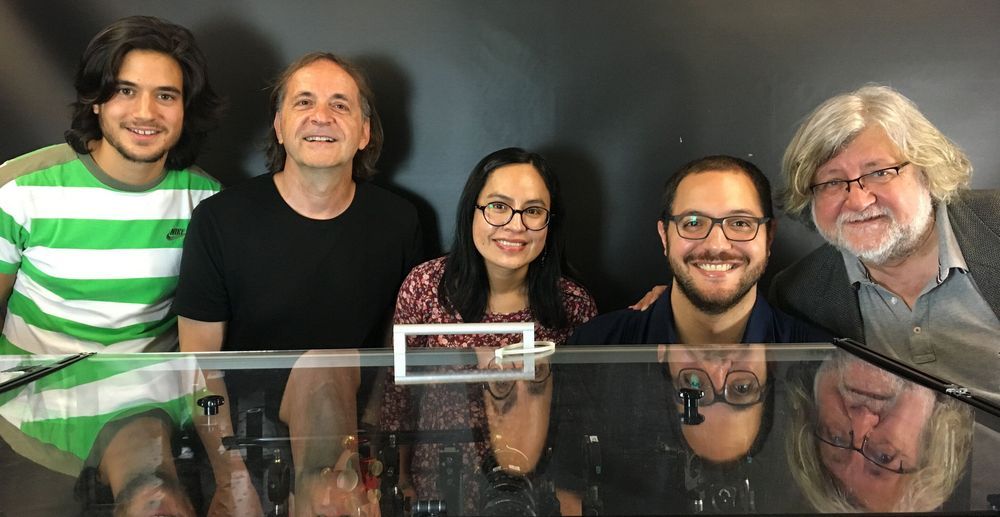Around age six, we start learning how to tie our shoelaces, making knots that look like ribbons—or possibly more complex forms, if we are a little clumsy. We use knots every day, but the type of knots we generally use are associated with physical objects, things we can touch.
Although it can be hard to image, light can also be shaped in ways that form knotted configurations, whose shape depends on the orbital angular momentum of the light. This parameter is responsible for making the beam of light twist around its own axis, generating different knot shapes, and expanding to a new degree of freedom that can carry valuable information.
Learning and mastering how to generate twisted light—light with orbital angular momentum—has been a thriving field of study for the past 20 years. Unlike spin angular momentum, which is associated with the polarization of light, orbital angular momentum is associated with the spatial distribution of the electric field. These two types of angular momentum can also be coupled, which results in a variety of light fields of different shapes with polarizations that change from point to point.










Comments are closed.